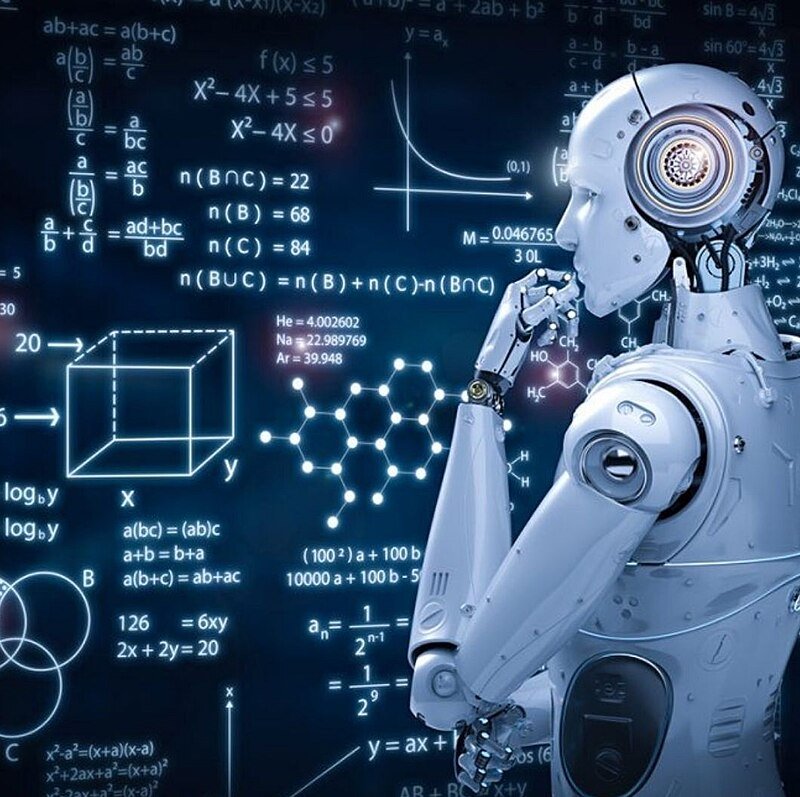The Pivotal Role of Artificial Intelligence in Shaping the Future

Introduction:
Artificial Intelligence (AI) is rapidly transforming the landscape of technology, paving the way for groundbreaking advancements and reshaping the way we live, work, and interact. As we stand on the cusp of a new era, the role of AI in the future cannot be overstated. From revolutionizing industries to enhancing daily life, the impact of AI is poised to be a driving force that shapes the trajectory of human progress.
- Automation and Efficiency:
One of the primary roles of AI in the future lies in automation. As technology continues to evolve, AI systems are becoming increasingly adept at performing tasks traditionally carried out by humans. This includes routine and repetitive tasks, allowing human workers to focus on more creative and complex endeavors. Automation powered by AI is expected to significantly enhance efficiency across various industries, leading to increased productivity and cost-effectiveness.
- Transforming Industries:
AI is set to revolutionize industries, ranging from healthcare and finance to manufacturing and agriculture. In healthcare, AI applications are streamlining diagnostics, drug discovery, and personalized medicine. In finance, AI algorithms are optimizing investment strategies and risk management. Manufacturing processes are becoming more efficient through the use of AI-driven robotics, and precision agriculture is benefiting from AI-powered tools for crop monitoring and management.
- Enhancing Decision-Making:
AI’s ability to analyze vast amounts of data in real-time enables more informed decision-making. Businesses and governments can leverage AI to gain valuable insights, predict trends, and formulate strategies based on data-driven intelligence. This empowers organizations to make more accurate decisions, allocate resources more effectively, and adapt to dynamic environments with greater agility.
- Personalized Experiences:
As AI algorithms continue to learn from user behavior and preferences, personalized experiences will become more prevalent. From personalized content recommendations on streaming platforms to tailored product suggestions in e-commerce, AI is enhancing user engagement by providing more relevant and individualized experiences. This not only improves customer satisfaction but also fosters brand loyalty.
- Addressing Global Challenges:
AI is playing a pivotal role in addressing some of the world’s most pressing challenges. In healthcare, AI is contributing to the development of early detection systems for diseases, while in environmental science, it is aiding in climate modeling and resource management. The potential for AI to contribute to solving complex global issues, such as poverty, climate change, and public health, underscores its significance in shaping a more sustainable future.
- Ethical Considerations:
While the potential benefits of AI are immense, ethical considerations must be addressed. As AI becomes more integrated into daily life, there are concerns regarding privacy, bias, and the ethical implications of autonomous decision-making. Striking a balance between technological progress and ethical responsibility will be crucial in ensuring that AI is a force for good in the future.
Conclusion:
The role of artificial intelligence in shaping the future is undeniably transformative. From automation and efficiency gains to personalized experiences and addressing global challenges, AI is poised to be a driving force behind the next wave of innovation. As we navigate this evolving technological landscape, it is imperative to approach the development and deployment of AI with a commitment to ethical considerations, ensuring that its impact is not only profound but also beneficial for humanity as a whole. The future promises a world where artificial intelligence contributes to a more efficient, interconnected, and sustainable global society.
